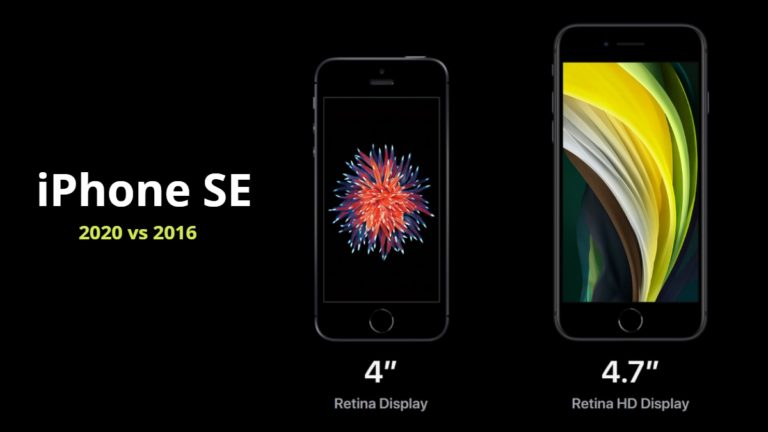What Is Caching?

Caching is the process of storing data in cache memory to load previously opened websites and apps faster. This method is a common standard across many devices and apps, whether a laptop or a smartphone browser.
When you open a webpage, relevant data is temporarily stored in the cache memory. So when you decide to revisit the page, you don’t have to request the server for the same webpage again as it can simply load it up from the cache storage.
Coming to caching in hardware, the CPU has its dedicated cache memory. This is where it stores frequently requested information so that it doesn’t have to produce it from scratch every time. Therefore, caching saves your time and system resources.
Moreover, thanks to cache memory, you can visit previously opened web pages even with no internet. However, the functionality on such pages would be limited.

Should i clear Cache?
Although cache memory speeds up our tasks and improves user experience, it can also do the opposite if not cleared regularly. When cache memory piles up over time, it may cause websites or apps to appear incorrectly. The cache can take up significant storage space over time and cause your device to slow down.
Therefore, it makes sense to reset the cache memory every once. There are several ways of doing this, depending on which type of cache you are dealing with.
To clear your browser cache, you can go to history and check the box for cache before proceeding with history deletion. Whereas for clearing Windows PC cache, you can use the built-in tool, Disk Cleanup. Going to phone settings, storage settings, and clearing cache does the trick for smartphones.
If you like this simple explainer, check out our Short Bytes section. We take complex tech topics and break them into short, easy-to-understand articles.






